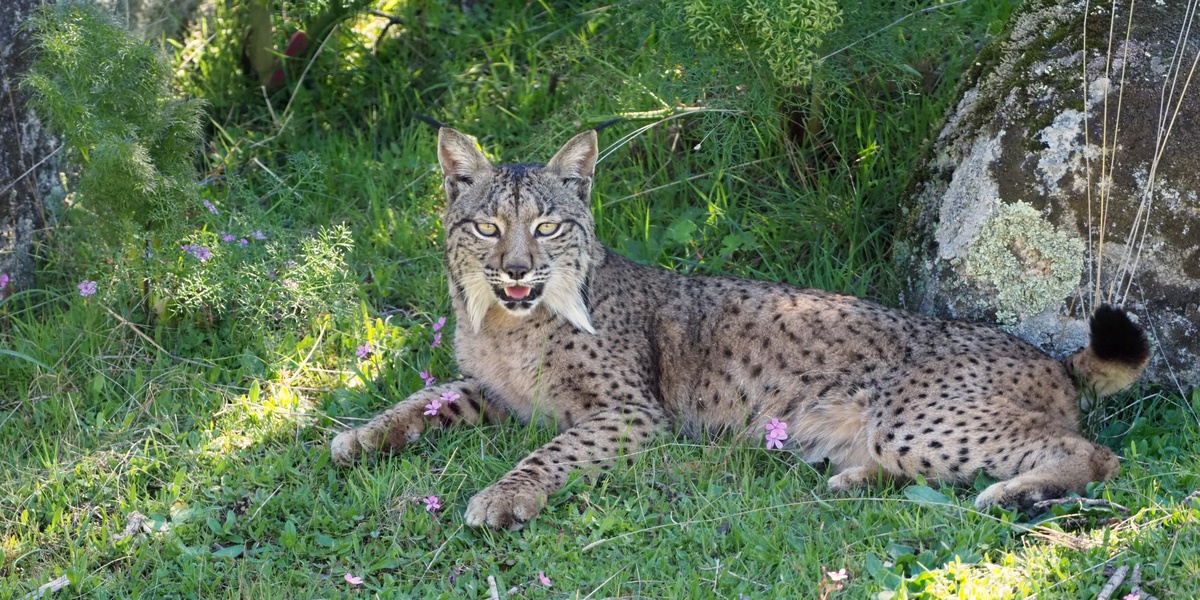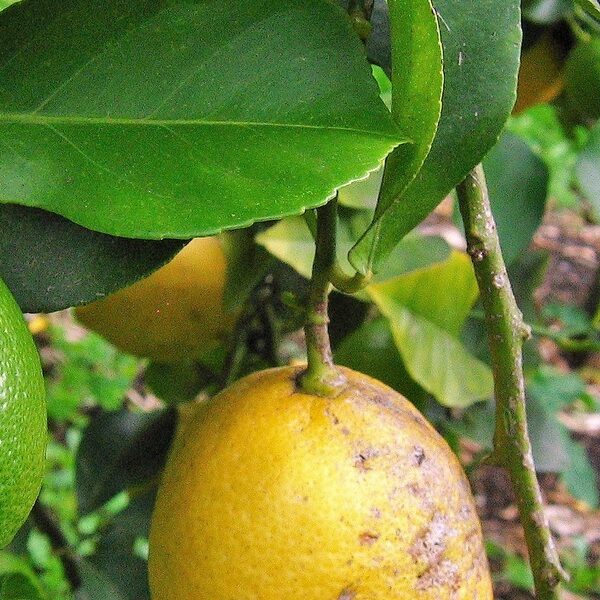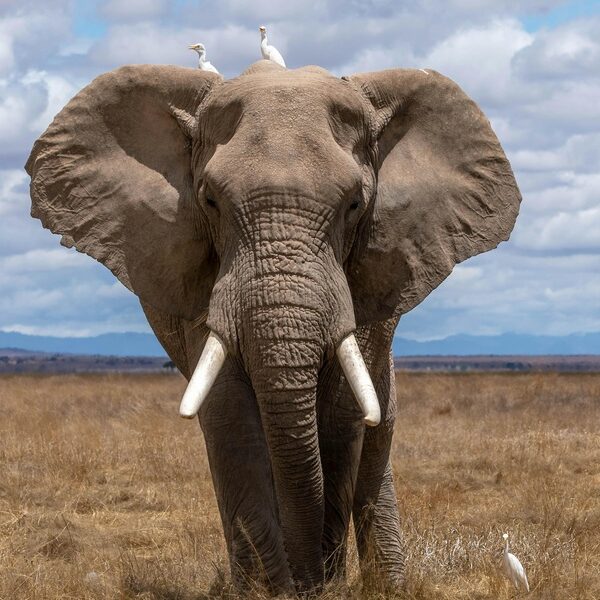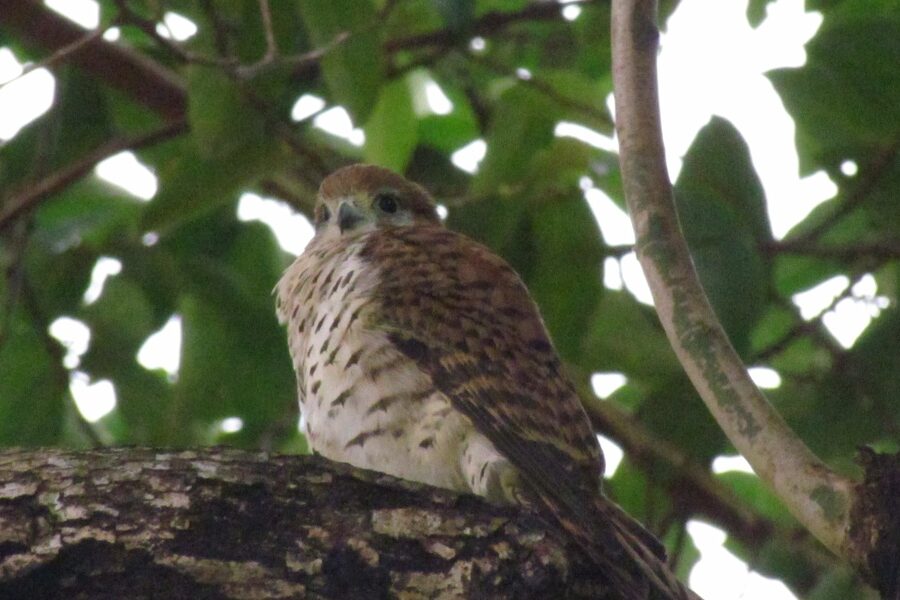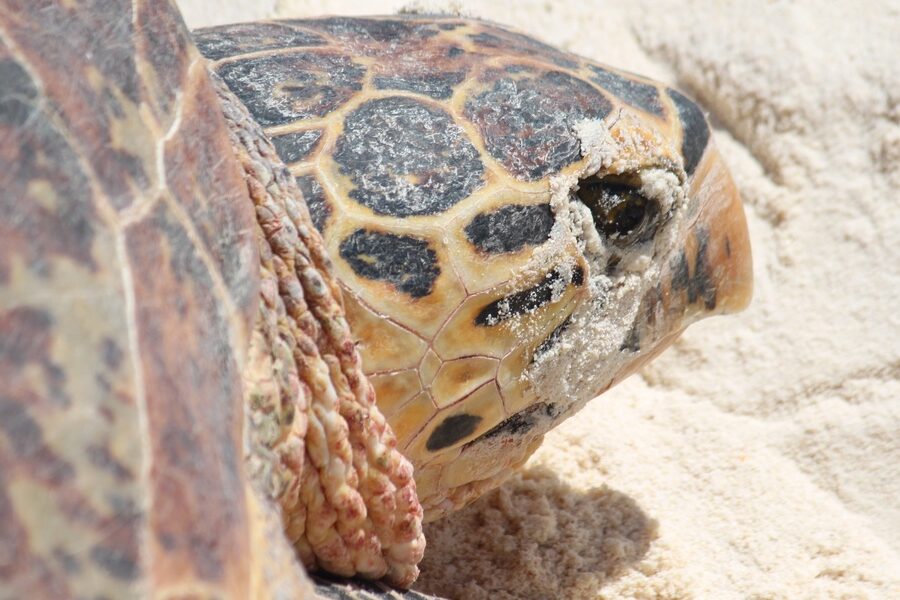Spain’s mountains, wetlands and long coastline host a mix of Mediterranean and Atlantic life, many species of which are now under pressure from habitat loss, pollution and overfishing. Local scientists and conservation groups are tracking declines and targeting recovery efforts across the country.
There are 10 Endangered Species in Spain, ranging from Angelshark to Valencian toothcarp. For each species the data are organized as Scientific name, Conservation status, Where in Spain — you’ll find below.
How can I help protect these endangered species in Spain?
You can support conservation by choosing sustainable seafood, avoiding disturbance of breeding sites, volunteering or donating to local NGOs, and following guidelines in protected areas; reporting sightings to citizen science platforms also helps researchers monitor populations and target action.
Can I see any of these species in the wild, and where should I go?
Some species are viewable in protected parks, marine reserves and designated wetlands or during guided eco-trips, but many are rare and require permits or experienced guides; check regional reserve visitor centers and reputable tour operators before planning a visit.
Endangered Species in Spain
| Name | Scientific name | Conservation status | Where in Spain |
|---|---|---|---|
| Iberian lynx | Lynx pardinus | EN — IUCN | Andalusia (Sierra de Andújar, Doñana), Mediterranean scrub |
| Mediterranean monk seal | Monachus monachus | EN — IUCN | Southeastern coasts, Canary Islands, offshore caves and islets |
| Balearic shearwater | Puffinus mauretanicus | CR — IUCN | Breeding on Balearic Islands, foraging across western Mediterranean |
| European eel | Anguilla anguilla | CR — IUCN | Rivers, estuaries and coastal waters across Spain |
| Angelshark | Squatina squatina | CR — IUCN | Continental shelf and coastal waters of northern and southern Spain |
| European sturgeon | Acipenser sturio | CR — IUCN | Historically in major rivers (Ebro, Guadalquivir) and adjacent coasts; reintroduction sites |
| Iberian toothcarp | Aphanius iberus | EN — IUCN | Coastal lagoons and salt pans of Valencia and Catalonia |
| Valencian toothcarp | Valencia hispanica | CR — IUCN | Small coastal wetlands in the Valencian Community |
| Spanish fir | Abies pinsapo | EN — IUCN | Sierra de Grazalema, Sierra de las Nieves, southern Andalusia |
| El Hierro giant lizard | Gallotia bravoana | CR — IUCN | El Hierro (Canary Islands), rocky cliffs and laurel scrub |
Images and Descriptions
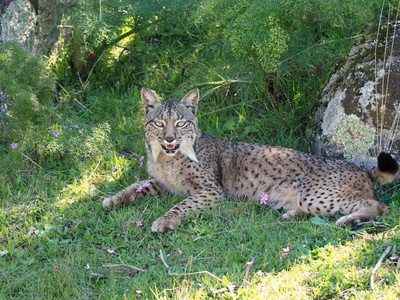
Iberian lynx
A rare, iconic wild cat once near extinction, now recovering but still scarce. Main threats were habitat loss, decline of rabbit prey and road mortality; intensive conservation and reintroduction programs are ongoing.

Mediterranean monk seal
One of the world’s rarest pinnipeds, the monk seal survives in tiny, isolated groups. Threats include disturbance at breeding caves, fisheries interactions and habitat loss; strict protection and monitoring aim to stabilize colonies.
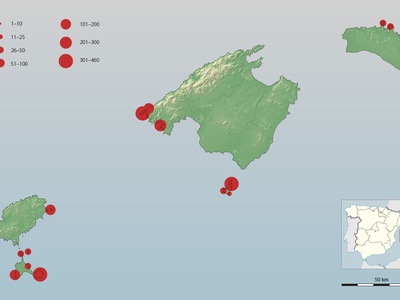
Balearic shearwater
A critically endangered seabird with a tiny breeding range on Mallorca and Menorca. Bycatch in longlines, invasive predators on colonies and light pollution threaten breeding success and survival at sea.
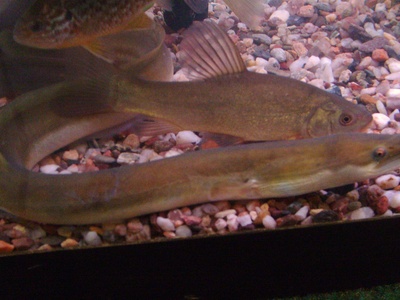
European eel
A mysterious migratory fish that spawns in the Sargasso Sea; numbers have crashed. Overfishing, barriers to migration, pollution and disease make it critically endangered throughout its European range.
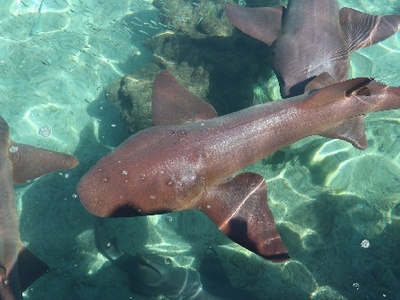
Angelshark
A flat, bottom-dwelling shark now rare in Spanish waters. Heavy trawling and bycatch decimated populations; slow reproduction and habitat degradation hamper recovery despite protected status in some areas.
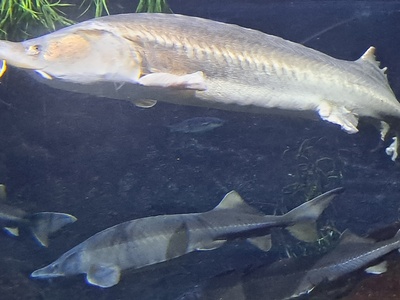
European sturgeon
Once a large migratory fish of Spanish rivers, now functionally extinct in many places. Overfishing, damming, habitat loss and pollution drove collapse; reintroduction and captive-breeding programs are underway.

Iberian toothcarp
A small, colorful fish confined to coastal brackish lagoons. Habitat loss from development, water extraction and invasive species have fragmented populations, making it rare and locally endangered.
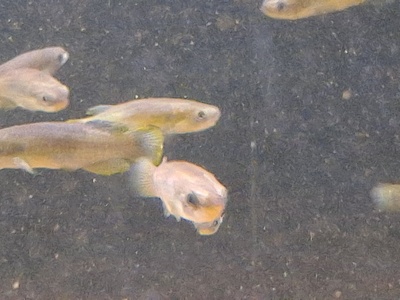
Valencian toothcarp
An endemic killifish surviving in a handful of seasonal ponds and marshes. Extremely small range and drying of habitats, pollution and introduced fish make it critically endangered; captive programs help safeguard populations.
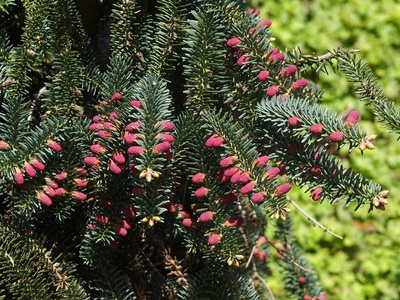
Spanish fir
A cool-climate fir relic of Spain’s mountains, found in fragmented groves. Small, isolated populations face fire, drought, pests and climate change; it’s a conservation symbol for Andalusian forests.

El Hierro giant lizard
A critically endangered island lizard restricted to steep, inaccessible slopes. Historically persecuted and threatened by introduced predators and habitat change; captive breeding and reintroduction have been key to its survival.
